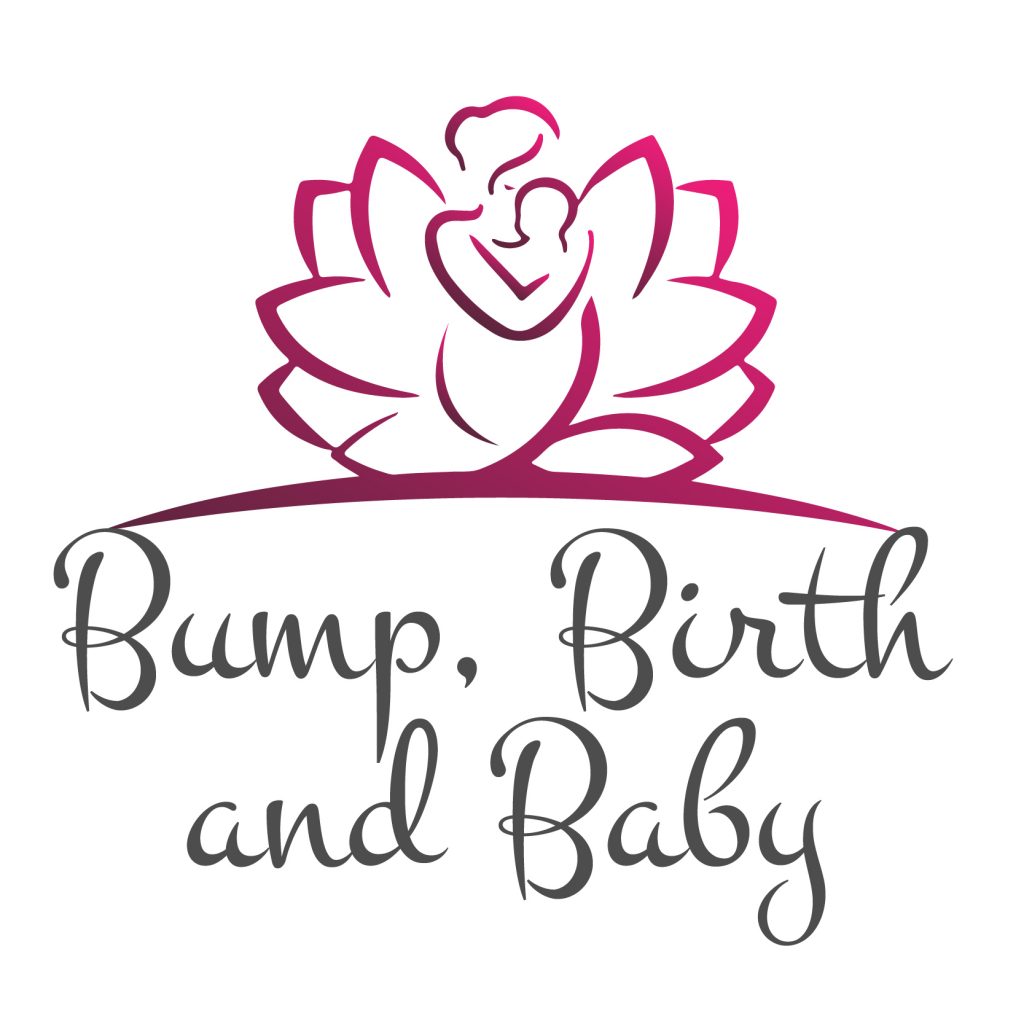Restless legs can be a big problem for women during pregnancy and it’s an issue we get asked about a lot during our maternity treatments. But is there anything you can do to help combat it? The answer is yes, but because there is no known cause, unfortunately, there is no magic cure either; however we do have some great tips that we share with our clients, and hopefully for those of you reading this and having the same issues, they will help you fight off some of the more severe bouts and hopefully help you to achieve some valuable sleep.
 The most effective way to help restless legs is through gentle stretches and movements which will help to improve the blood flow and relax the muscles in the legs.
The most effective way to help restless legs is through gentle stretches and movements which will help to improve the blood flow and relax the muscles in the legs.
Here are our top suggestions for combatting restless legs:
1) Get your partner involved! Kneel facing forwards and then rest on your arms over an exercise ball or chair with pillows for support. You partner kneels behind you and then using both their hands makes up and down ‘brushing’ movement all the ay up from the knee to the top of your thighs and all around your legs and down into your calf muscles. This is a great way to get the blood circulating (and it really works!)
2) Leg pumping is another helpful movement to do – lying on your back in bed imagining that you are pushing something away with the soles of your feet. Don’t be too vigorous as you’re not looking to raise your heart rate you’re simply looking to bring some awareness and gentle motion to your legs.
3) Imagine you’re drawing circles with your feet can also be a beneficial movement.
4) Keep active. Just 30 minutes of walking every day will help to keep your circulation moving. Swimming and yoga are also great exercises to do during pregnancy.
5) And of course, massage is a great way to help relive it as working on the legs and calves with massage movements will help to get the blood flowing and get the lymph moving also.
The most likely time to encounter RSL during pregnancy is in the later stages – particularly the last three months of pregnancy and it is most bothersome when experienced at night, when it can interrupt your sleep and become a barrier to achieving enough rest.
1 in 5 women report symptoms of restless legs during the last 3 months of their pregnancy (according to NHS figures) and it usually disappears once the baby is born and as the body starts to return to business as usual.






